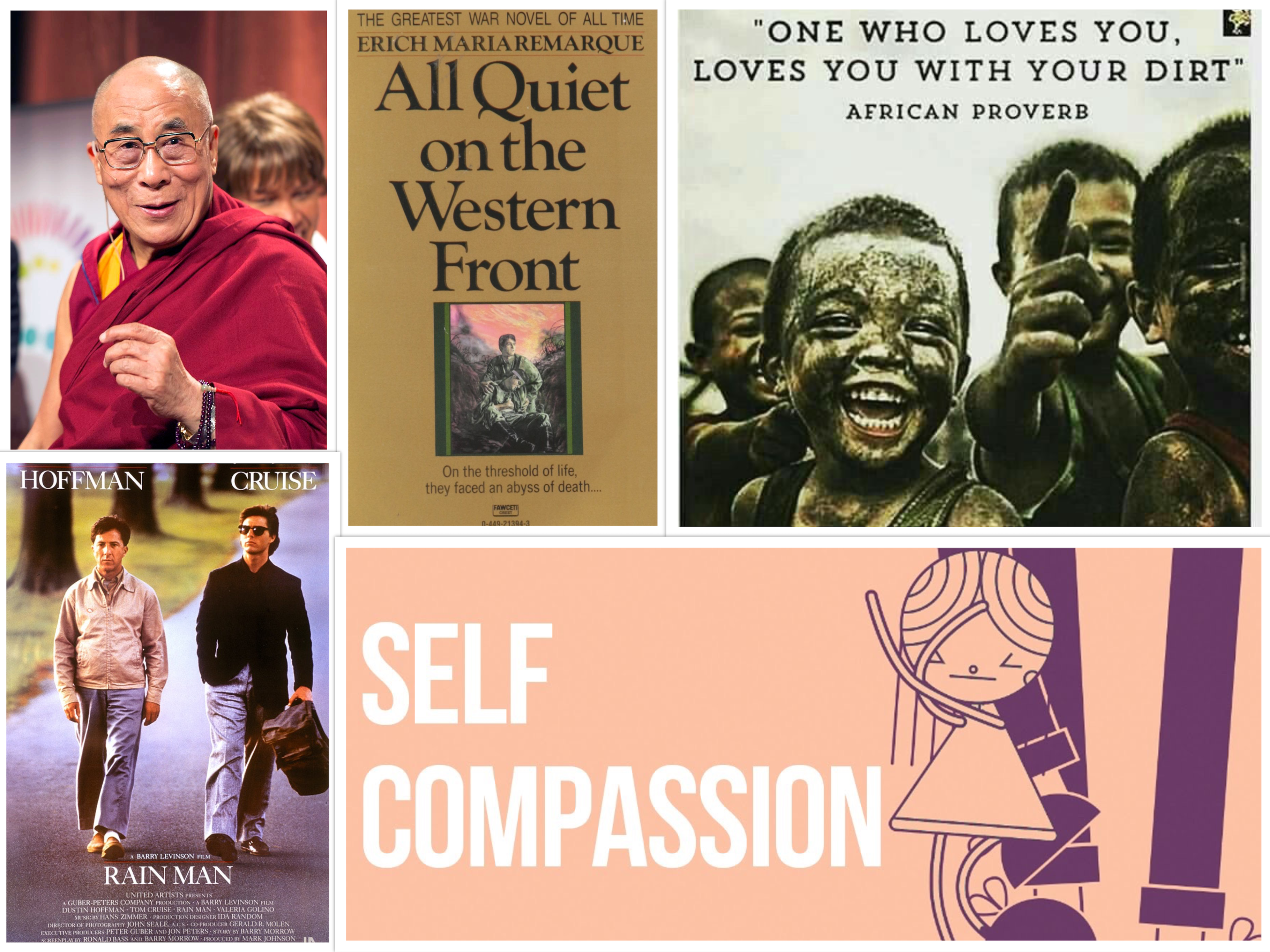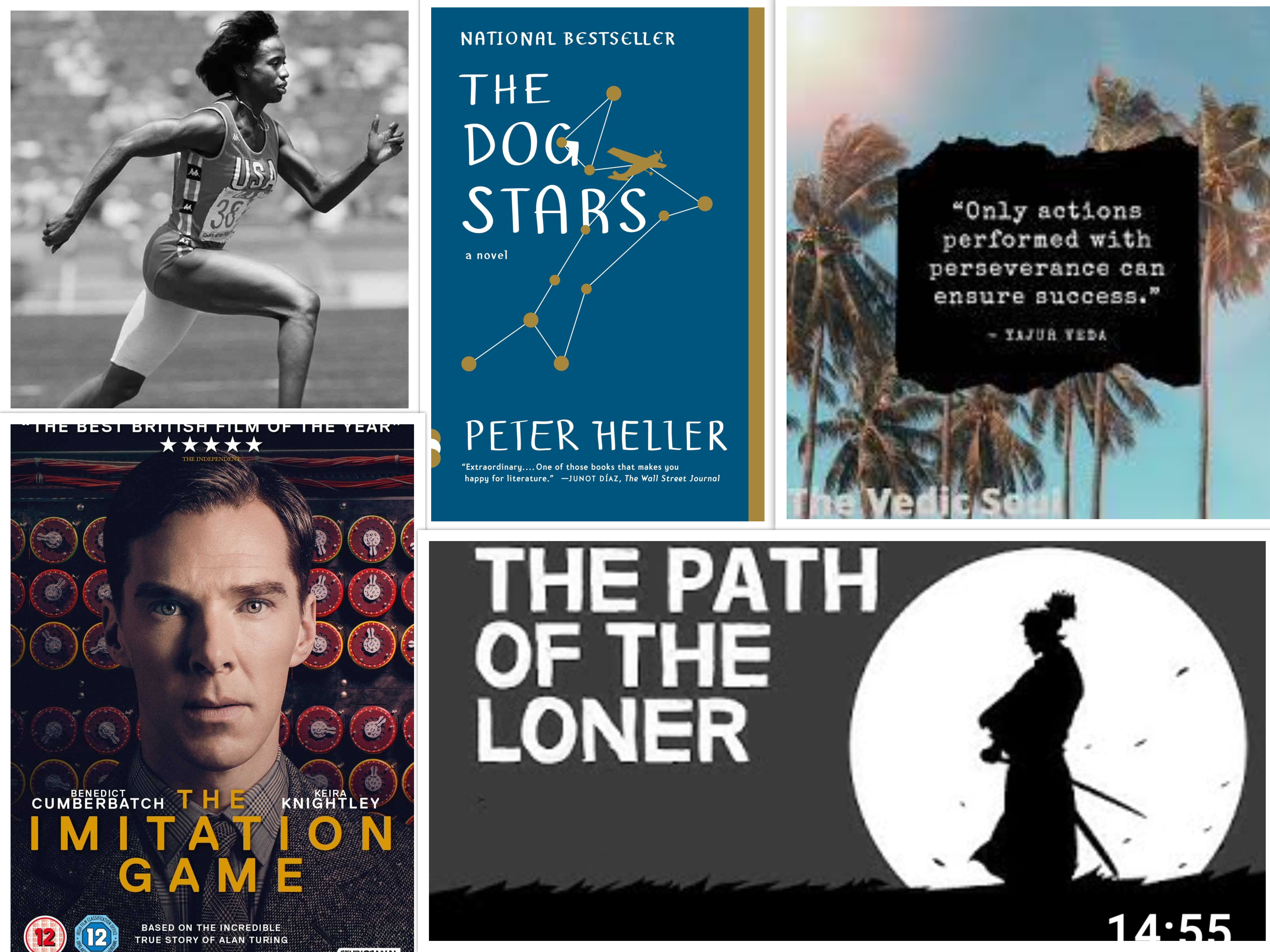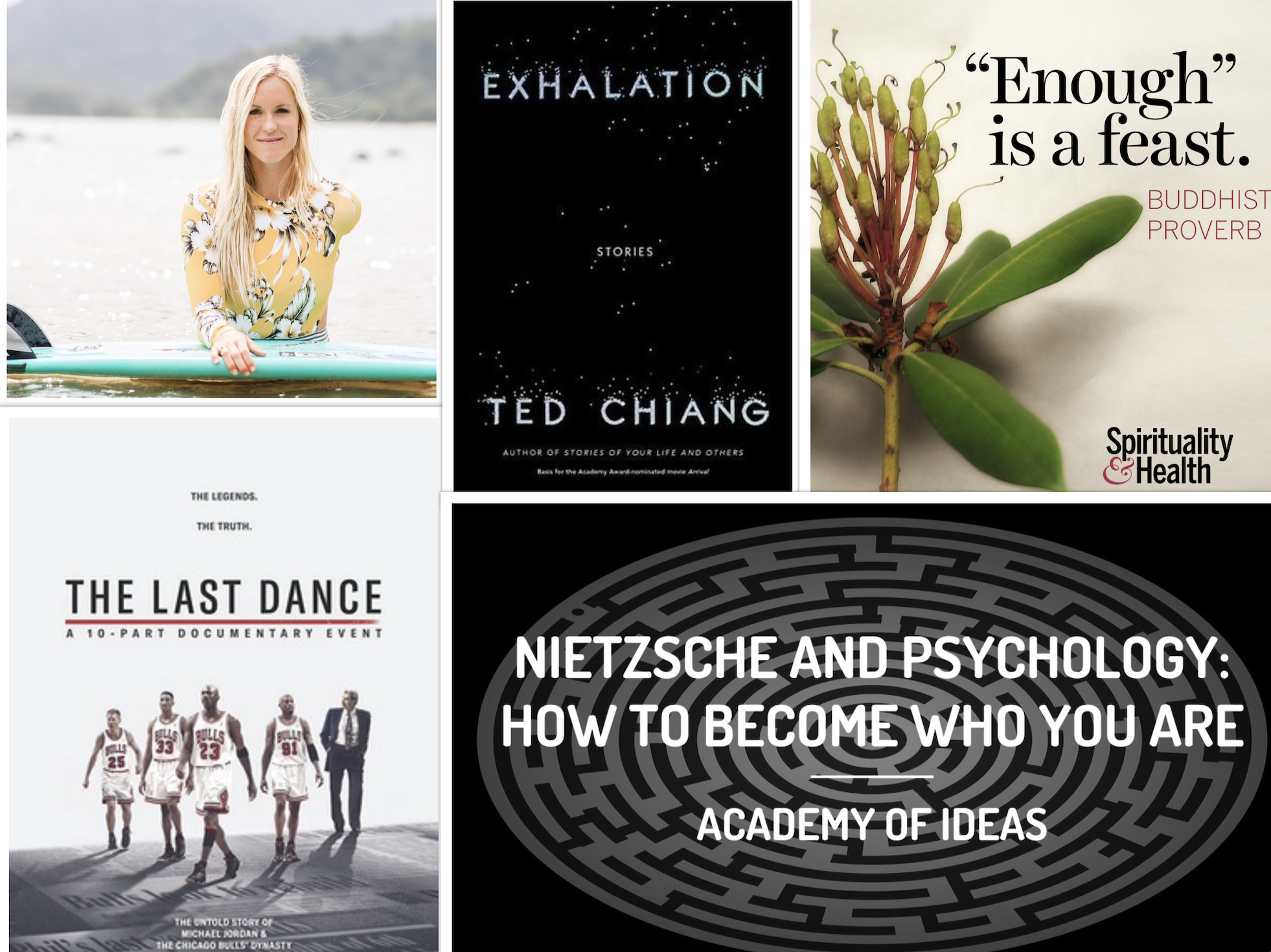Sunday Supplement #37 (January 23rd, 2022)
Below is another Sunday Supplement with a quote worth sharing, a book worth reading, a movie worth watching, brainfood worth consuming, and a spiritual passage worth pondering.
I hope you take something away from these recommendations that enriches your week ahead!
Quote of the Week:
“Talk to yourself like you would to someone you love.”
– Brené Brown
Book of the Week:
The War of Art – Steven Pressfield
Steven Pressfield’s life story is incredible. He was born in Port of Spain, Trinidad, while his father was stationed in the Navy in 1943. Pressfield graduated from Duke University and joined the Marine Corps afterward.
After his tour in the service, Pressfield bounced around between jobs like advertising copywriter, tractor-trailer driver, oilfield roustabout, and fruit picker. He finally found his calling as an author and screenwriter but experienced periods of homelessness and living out of the back of his car while pursuing his writing career.
In The War of Art, Pressfield details the obstacles he faced in his life and how they led him to find and follow his passion for writing. His book breaks down into three parts: Resistance, Combatting Resistance, and Beyond Resistance. In each section, he titles an example of how each topic can manifest and provides short blurbs of explanation.
The non-fiction/self-help book divides opinions for most readers, but it has a 3.98 rating out of 5 on Goodreads, with over 85,000 reviews. Pressfield is most famous for his novels The Legend of Bagger Vance and Gates of Fire, a book about the Battle of Thermopylae studied at West Point and the U.S. Naval Academy.
The War of Art might not be for everybody, but it is worth checking out.
Movie of the Week:
Danny Boyle’s Slumdog Millionaire narrates the story of an orphan Mumbai teenager who’s a contestant on Who Wants To Be A Millionaire as he gets accused of cheating after answering each question correctly.
While the teenager, Jamal, faces each question, he recalls portions of his life story that explain how he knew the answer.
The 2008 film won eight Oscars, including Best Motion Picture of the Year, Best Achievement in Directing for Boyle, and Best Writing – Adapted Screenplay for Simon Beaufoy.
Leading man Dev Patel missed out on an Academy Award nomination for his performance, but moviegoers and film-lovers didn’t overlook his acting abilities. Patel has gone on to star in many acclaimed movies since his feature debut, including films like The Best Exotic Marigold Hotel, The Green Knight, and his Oscar-nominated performance in Lion.
Slumdog Millionaire shows the negativity, oppression, criticism, and bribery Patel faces in his stint on the famous show. The ultimate result of his perseverance is a reminder of the blessings of our life’s journeys and what they can teach us.
Brainfood of the Week:
TEDx Talks | Dare to Rewire Your Brain for Self-Compassion | Weiyang Xie
Weiyang Xie is a Staff Psychologist at the University Counseling Center at Notre Dame. When she first came to the US as an international student, she faced adjustment issues, self-doubt, and struggled with anxiety. These issues carried over to her professional life.
Xie’s negative self-talk took over and became overwhelming. She felt trapped in her anxiety and believed that she couldn’t reach her potential. Xie started to look into how this situation developed and found a common component in people’s anxiety being shame.
In this TEDx Talks, Xie discusses the causes and effects of shame in people’s lives and her journey of discovery in this field. She focuses on how neurobiological studies on shame revealed how neural pathways form from the repetition of habitual negative self-talk.
Xie then explains how we can resolve the emotional status quo. Research proves that being compassionate to yourself improves emotional resilience and psychological well-being. This practice helps reduce cortisol levels and lower the levels of depression and anxiety.
Beginning practices like noticing negative self-talk and combatting it with self-compassion can remove the previous mental programming and replace it with healthier thought habits. Motivating yourself through positive self-talk and embracing being a work in progress helps bring positivity for the future.
Xie closes the talk by stating that whatever you are saying to yourself, you listen. Developing positive self-talk is crucial for mental health and well-being.
Closing Spiritual Passage:
“The human body is the temple of God. One who kindles the light of awareness within gets true light. The sacred flame of your inner shrine is constantly bright. The experience of unity is the fulfillment of human endeavors. The mysteries of life are revealed.”
– A Rig Veda Passage
Many different religions and spiritual practices talk about the light within. For me, this passage from the Rig Veda exemplifies this notion and gives a roadmap for finding that brilliance.
The message starts with the acknowledgment of our bodies holding spiritual power. Whether you believe in God or not, or something else entirely, the body is a miraculous being.
The Rig Veda passage then reveals that listening to your heart and body allows for true light, true knowledge.
There are many ways to translate this passage or gain meaning from the words. It sparks recognition of following your heart and gut and doing your best. When I am in tune with these elements, I find myself happy and with no regrets.
Regardless of spiritual leanings, becoming attuned with your heart and body is something worth cultivating. This passage from the Rig Veda is a brilliant guide and reminder of this practice.
Listen to your heart, be kind to yourself, and have a blessed week ahead!
Comments closed



